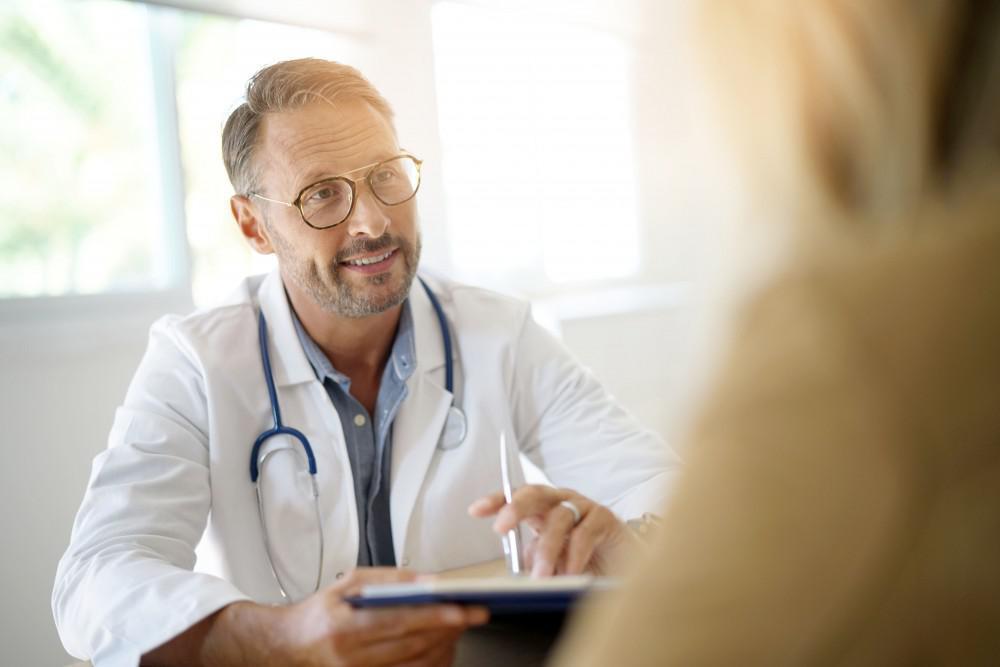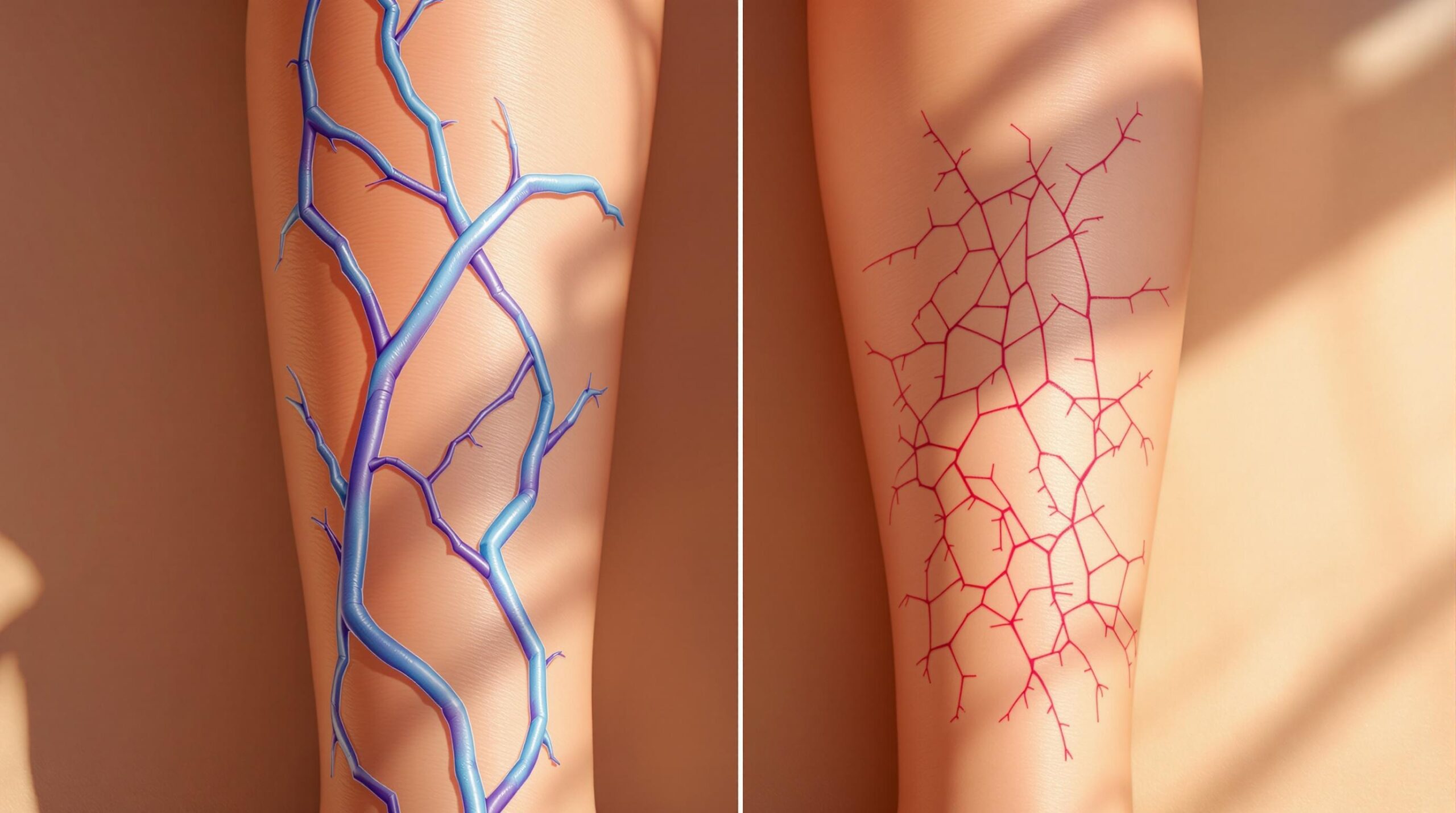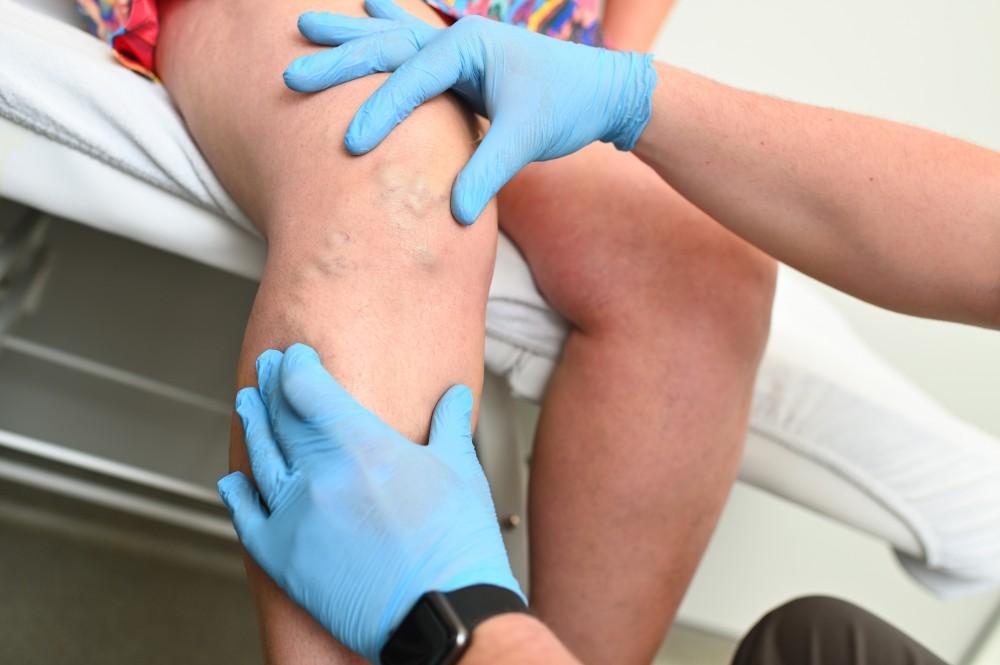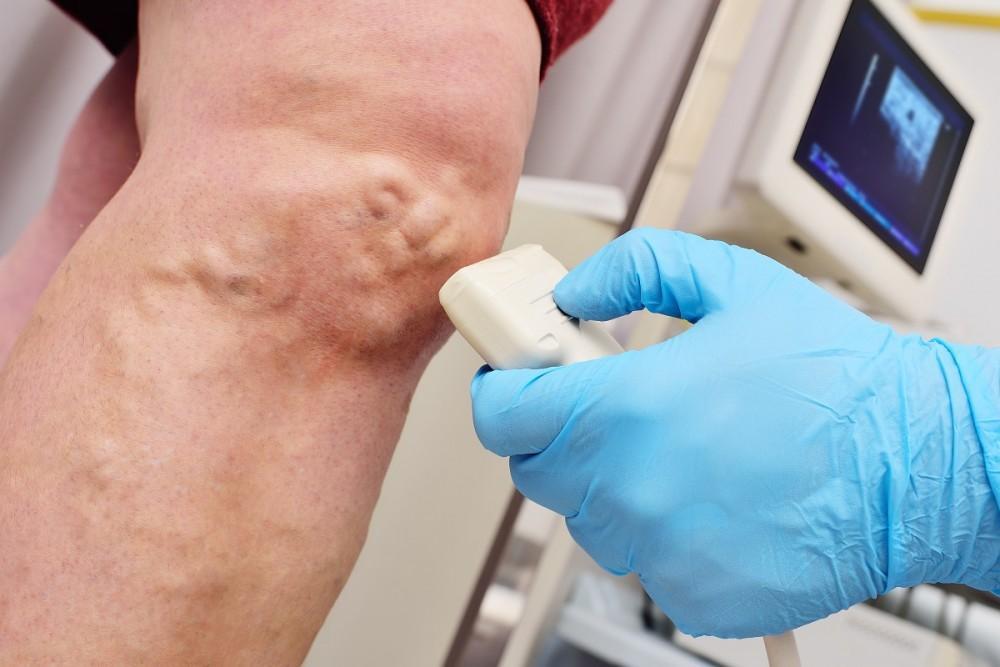Can you imagine if you could see your blood pressure? With varicose veins, that’s essentially what you’re seeing. These dark, twisting veins usually appear on the calves, but they can appear on thighs and ankles, even extending down to the feet. Varicose veins may be some people’s least favorite part of aging, but there are options for treatment.
Our caring professionals at Prime Heart and Vascular in Allen, Frisco, and Plano, Texas are led by Rishin Shah, MD, a board-certified interventional cardiologist and a vascular specialist. Together, we offer patients the chance to recover from the embarrassment and discomfort of varicose veins and tips for how to keep them at bay.
What are varicose veins?
Varicose veins may look dangerous, but they actually aren’t. What you’re actually seeing is just a symptom of a common problem in the veins of aging individuals. Your veins are essential to your body’s functions because they transport blood through your body, with each vein pushing blood in one direction. When the valves in a vein that control this flow weaken, the vein swells, pushing against the surface of your skin.
Though varicose veins usually appear on the lower extremities, meaning your legs, they can also appear on your face. Varicose veins that appear on the face are typically called, “spider veins,” and they can also appear on other parts of your body, including your arms.
Varicose veins can be red, blue, or flesh-colored. Though the sight of them might make you uncomfortable, the varicose veins alone aren’t dangerous to your health. Varicose veins that don’t rise to the surface of your skin, however, may be a sign of deep vein thrombosis, or DVT, which requires prompt medical treatment. Typically, though, this is not the case with varicose veins.
A number of factors determine your risk, or likelihood, or developing varicose veins:
- Gender – They are more common in women.
- Age – The older you are, the more likely they are to form.
- Weight – Being overweight raises your likelihood of developing varicose veins.
- Hormones – Hormonal changes can put you at increased risk of developing varicose veins.
- Family history – As with most medical conditions, a family history can contribute to your personal struggles with varicose veins.
- Smoking – Long-term nicotine use compromises many aspects of your appearance, including encouraging the formation of varicose veins.
Can I get rid of them?
Treating varicose veins is one of the services that Dr. Shah offers at Prime Heart and Vascular. Alleviating patient concerns and enhancing the quality of life is part of the job of any doctor, and Dr. Shah has over a decade of experience in multiple fields.
Though leaving your varicose veins alone might be a choice that you make, it’s possible that they may cause some discomfort. For those who aren’t concerned merely with the appearance of varicose veins, they may itch, cause your legs to feel heavy, cause a rash, or cause throbbing, swelling, or cramping in your legs.
What treatments are available for my varicose veins?
Treatment for varicose veins has dramatically improved in the last few decades. In the 1990s, the only available treatment was invasive surgery that required general anesthesia and weeks of recovery. Today, Dr. Shah offers minimally invasive options for which you can be wide awake and go straight home after your treatment.
Radiofrequency ablation
With this method, Dr. Shah numbs the area of the problem veins and uses a tiny fiber to get into the vein and cauterize it. This may sound counter-productive to the problem, but it is successful in treating the vein and providing relief.
Microphlebectomy
For a microphlebectomy, Dr. Shah uses a tiny hook to remove the problem vein, providing lasting relief.
Compression socks
Surprisingly, this simple solution can get results for less severe cases of varicose veins. Dr. Shah will generally suggest milder treatment before recommending any procedure. Lifestyle changes, including a healthier diet and more exercise, may also affect your varicose veins for the better.
I’m ready to restore my legs.
Dr. Shah is ready to assist you with treating your varicose veins, and we’re available for appointments. Please reach out to us at 972-295-7017, or book an appointment with us online.





